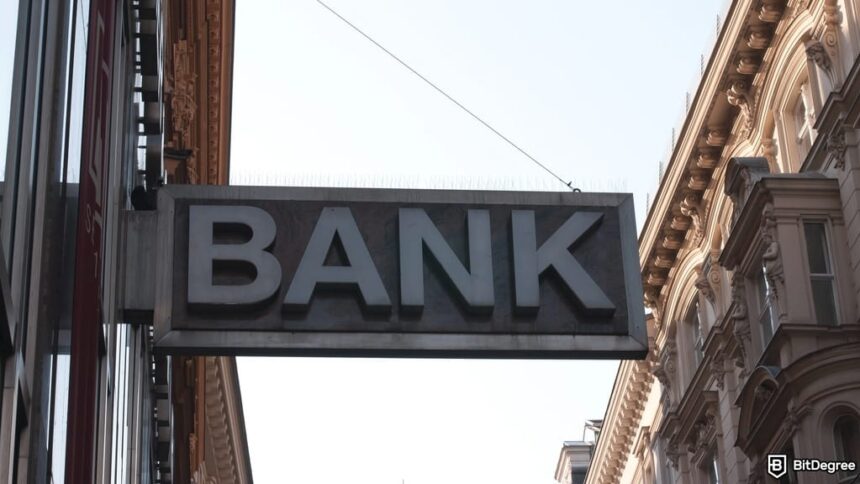A group of major US banking associations is asking Congress to address a gap in the new GENIUS Act that could let stablecoin companies offer returns through outside partners.
Although the law bars stablecoin issuers from directly giving yields to users, it does not apply the same restriction to crypto exchanges or connected businesses.
The Bank Policy Institute (BPI) led the effort, supported by organizations such as the American Bankers Association and Consumer Bankers Association.

Did you know?
Subscribe – We publish new crypto explainer videos every week!
What Is Chia? | Crypto Finally Explained

According to an August 12 letter, they warned that this legal loophole may open the door to interest-bearing stablecoins, which could weaken traditional banks by drawing away a large share of deposits.
The core issue is that banks depend on deposits to fund lending. If customers begin moving large amounts of money into stablecoins that offer returns, banks could lose access to that capital. BPI highlighted a US Treasury report that estimates up to $6.6 trillion might exit the banking system if interest on stablecoins becomes widespread.
The letter also explained that stablecoins work differently from bank deposits or money market funds. While banks and money market funds generate returns by issuing loans or buying securities, stablecoins are mainly used for making payments and holding value.
Additionally, the group emphasized the risks to financial stability. During periods of economic stress, if people move their money into stablecoins promising yield, banks could experience severe liquidity shortages.
Meanwhile, Senator Elizabeth Warren recently expressed concern that new crypto-related laws could give President Donald Trump an unfair financial advantage. What did she say? Read the full story.











